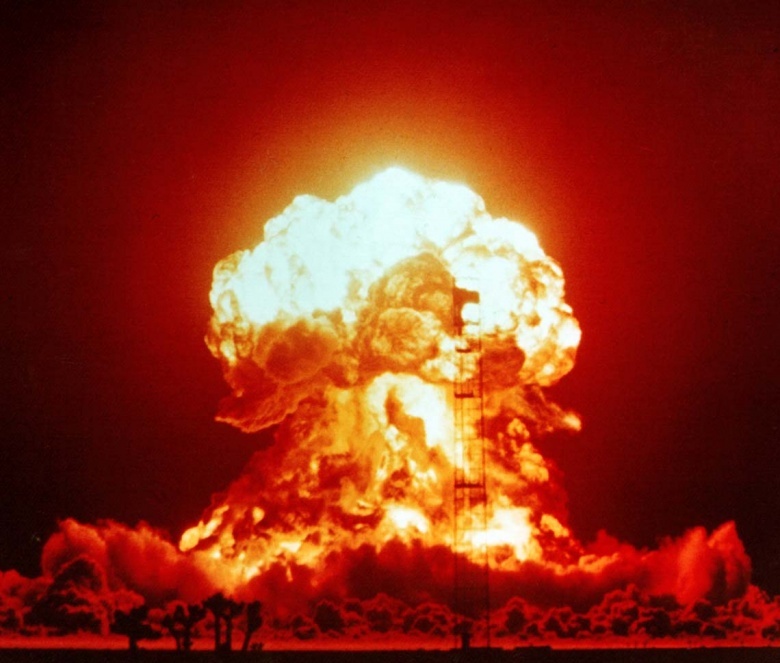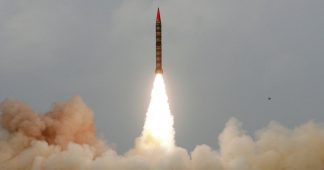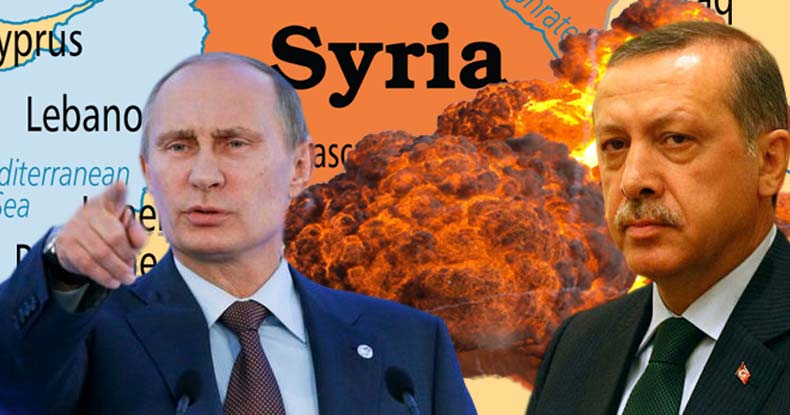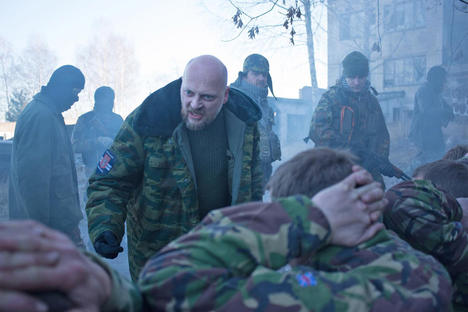Nuclear war, the exchange of nuclear weapons between two or more states in open conflict. It’s unthinkable. It can’t happen.
Right?
Wrong.
Of course, nuclear war is extremely unlikely. Although the Bulletin of the Atomic Scientists has placed the hands of its famous clock at five minutes to midnight, that doesn’t mean very much and never has. The fact of the matter is that world nuclear inventories, led by reductions in the United States and Russia, have never been lower, and none of the major powers expects a nuclear conflict in the way they did during the Cold War. To crib a line from Captain Jack Sparrow, however, nuclear war is not impossible, it’s improbable, and a nuclear war could take place in more ways than you might think, sparked by any number of occurrences from a pure accident to an intentional strike.
A small regional war, awful as it would be, would not destroy the United States nor threaten the end of the human race. A nuclear conflict of any serious size in the Northern Hemisphere, however, would effectively mean the end of the modern era. Further human progress would be subordinated to the basic needs of survival for years, if not decades, to come. A war between India and Pakistan would kill millions and pollute the earth for an eternity. But it would not threaten to bring the entire global system to a halt, or potentially lead to the release of thousands of warheads against of hundreds of cities across the globe, the “unthinkable” war for which Americans spent decades preparing, and for which we still maintain an arsenal of strategic weapons deliverable by air, land, and sea.
So how do we begin each of the nightmare scenarios?
1. Mechanical Accident:
The classic war-by-accident novel is Fail-Safe, in which a computer blows a fuse and the Air Force melts Moscow. Most people don’t read Fail-Safe anymore (which is why I make my students read it now), but almost everyone has seen WarGames and The Terminator, both of which are part of an entire genre of science fiction in which military computers decide not to take orders from pesky humans about who gets to fire nuclear missiles. That’s what makes them fiction, of course. Nuclear weapons are not sentient beings; Skynet is not self-aware and never will be. They’re just machines, and machines can fail on their own, with little human involvement.
As terrifying as it is to think of a war generated by a random mechanical hiccup, it’s important to note that this is the least likely trigger for a nuclear war. If anything, during the Cold War the superpowers spent so much time assuring the security of their arsenals against accidental use that both the Americans and the Soviets started to wonder whether they had too many barriers in place that could prevent the intentional launch of the weapons in wartime. While the danger of an accidental launch of a strategic nuclear weapon is not zero, it is tiny.
That is, unless someone builds a “Doomsday Machine” that takes the human beings out of the loop. And who’d be crazy enough to do that?
Turns out the Soviet high command, in its pathetic and paranoid last years, was just that crazy. The USSR built a system called Perimetr, known informally in Russia as “the Dead Hand.” Perimetr was essentially a computer system that would watch for signs of nuclear attack and retaliate on its own if the Soviet leadership was struck first and wiped out. (I explained this is more detail for National Geographic, which you can watch here.) We’ve since asked the Russians if it’s still on, and they’ve reassured us, with complete confidence, that we should mind our own business. Let’s hope they’re just being rude.
2. Human Error:
As long as there are machines run by human beings, there are going to be accidents. War, however, will not begin because a bomber crashes or a silo catches fire; rather, the error will lay in the misinterpretation of an accident by fallible human beings.
Read also
Nuclear Madness











